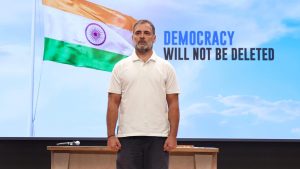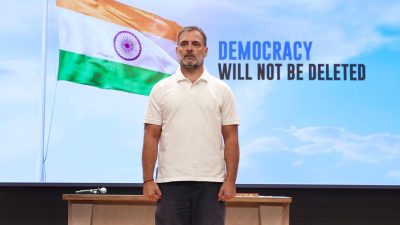Stay updated with the latest - Click here to follow us on Instagram
Shariah courts for women,by women to come up in 4 cities
In a first-of-its-kind initiative in the country,Shariah courts exclusive meant to handle cases pertaining to women will be set up in Mumbai
In a first-of-its-kind initiative in the country,Shariah courts exclusive meant to handle cases pertaining to women will be set up in Mumbai,Pune,Ahmedabad and Dindigul. These courts are expected to adjudicate on matters like divorce,polygamy,maintenance,custody of children and property rights.
The Bharatiya Muslim Mahila Andolan (BMMA),which is fighting for the rights of Muslim women and demanding codification of Muslim Personal Law,will set up these courts. It plans to take this initiative further in states like West Bengal,Orissa,UP,MP,Bihar,Karnataka and Jharkhand in the next six months.
Women have failed to get justice from the Imarat-e-Shariah,or Shariah courts run by the All India Muslim Personal Law Board. Their decisions are not based on Quranic principles. Therefore,we have decided to set up Shariah court which will be run by women, BMMA founder member Noorjehan Safia Niaz said.
The BMMA is planning to train 20 women to begin with. They will be told about the rights of women as per the Holy Quran so that they can give an informed judgment, Niaz said.
Shariah courts,or Darul Qaza as they are popularly known,are vital instruments of the Alternative Dispute Resolution (ADR) mechanism in the countrys judicial system. Though these institutions are called courts,they function more like counselling centres whose decision is not binding on the parties.
The All India Muslim Personal Law Board runs a number of Shariah courts. In Bihar,Jharkhand and Orissa,there are Imarat Shariah,which operate on the same principles.
These courts are headed by Qazis who are well-versed in Islamic jurisprudence. Womens groups have,however,complained that these centres are biased towards men.
Islamic scholars,have reaised doubts about the new centres. Counseling needs to be within the confines of Islam law. One has to see if the new venture has the necessary expertise and knowledge to pass judgments on religious matters, Maulana Burhanuddin Qasmi,director of Markazul Maarif,a social religious organisation,said.







